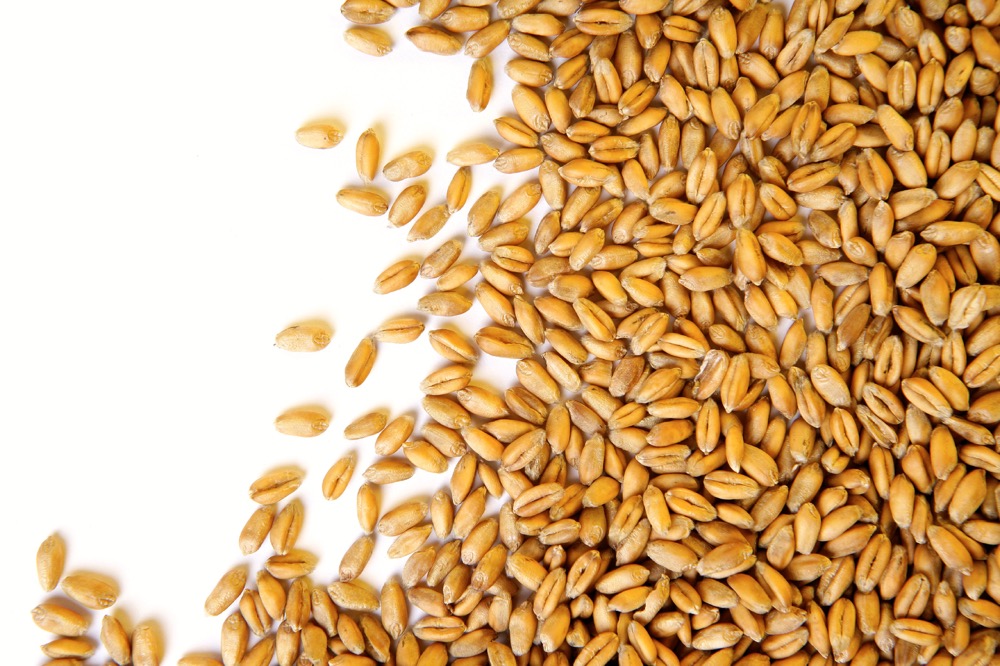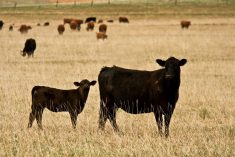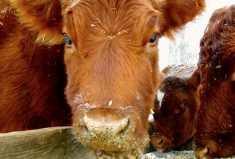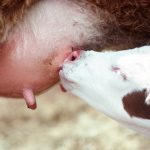Compared to last week, western Canadian yearling prices were down $3-$5; calves traded $2-$6 below week-ago levels.
The market has come under pressure for three main reasons. Cattle on feed inventories in Alberta and Saskatchewan are 36 per cent above the five-year average. Many feedlots are comfortable with ownership levels. The drought caused about 150,000 head of feeder cattle to be placed sooner than normal. Secondly, the barley market is firm across the Prairies as the export program picks up pace. Finally, the feeder market has to adjust to expected fed cattle prices in the spring timeframe. The risk tolerance level is very low at this time of year.
Read Also

IGC raises 2025/26 world wheat crop forecast
The International Grains Council has raised its forecast for 2025/26 global wheat production with crop outlooks upgraded for Russia, the United States and Argentina.
Yearling supplies are drying up and calves have come into focus. Yearling quality was quite fleshy this week, contributing to the softer tone. In regards to calves, premiums were noted on weaned packages with health records. Finishing feedlots tended to focus on local cattle, which caused a sluggish tone in parts of Saskatchewan and Manitoba. Ontario demand was evident but not sufficient to support the overall market. U.S. buyers were shopping for mid-weight strings but there was limited interest. The under-500-lb. category was the only group with prices unchanged from last week.
In central Alberta, black Angus-based steers with light Simmental qualities weighing 780 lbs. coming straight off grass with full health records were valued at $195; a small group of red white-faced steers weighing a shade over 900 lbs. with full health records straight off grass were quoted at $192. If buyers believed higher feed efficiencies could be achieved, there appeared to be a noted premium. In Manitoba, Charolais-based steers averaging 822 lbs. were valued at $205; however, in central Saskatchewan, a small group of mixed steers weighing 850 lbs. were quoted at $186.
In south-central Saskatchewan, unweaned black steers weighing 515 lbs. were reported at $214 while similar-quality and -weight heifers were quoted at $180. In southern Alberta, Angus mixed steers weighing 600 lbs. with minimal weaning time on full health program were valued at $210; Simmental-based heifers straight off their mothers averaging 540 lbs. were valued at $185.
Buyers were in the driver’s seat this week; there is no doubt about it. In summary, auction barns had larger volumes on offer but overall demand was sluggish.
— Jerry Klassen is president and founder of Resilient Capital, specializing in proprietary commodity futures trading and market analysis. Jerry consults with feedlots on risk management and writes a weekly cattle market commentary. He can be reached at 204-504-8339 or via his website at ResilCapital.com.













